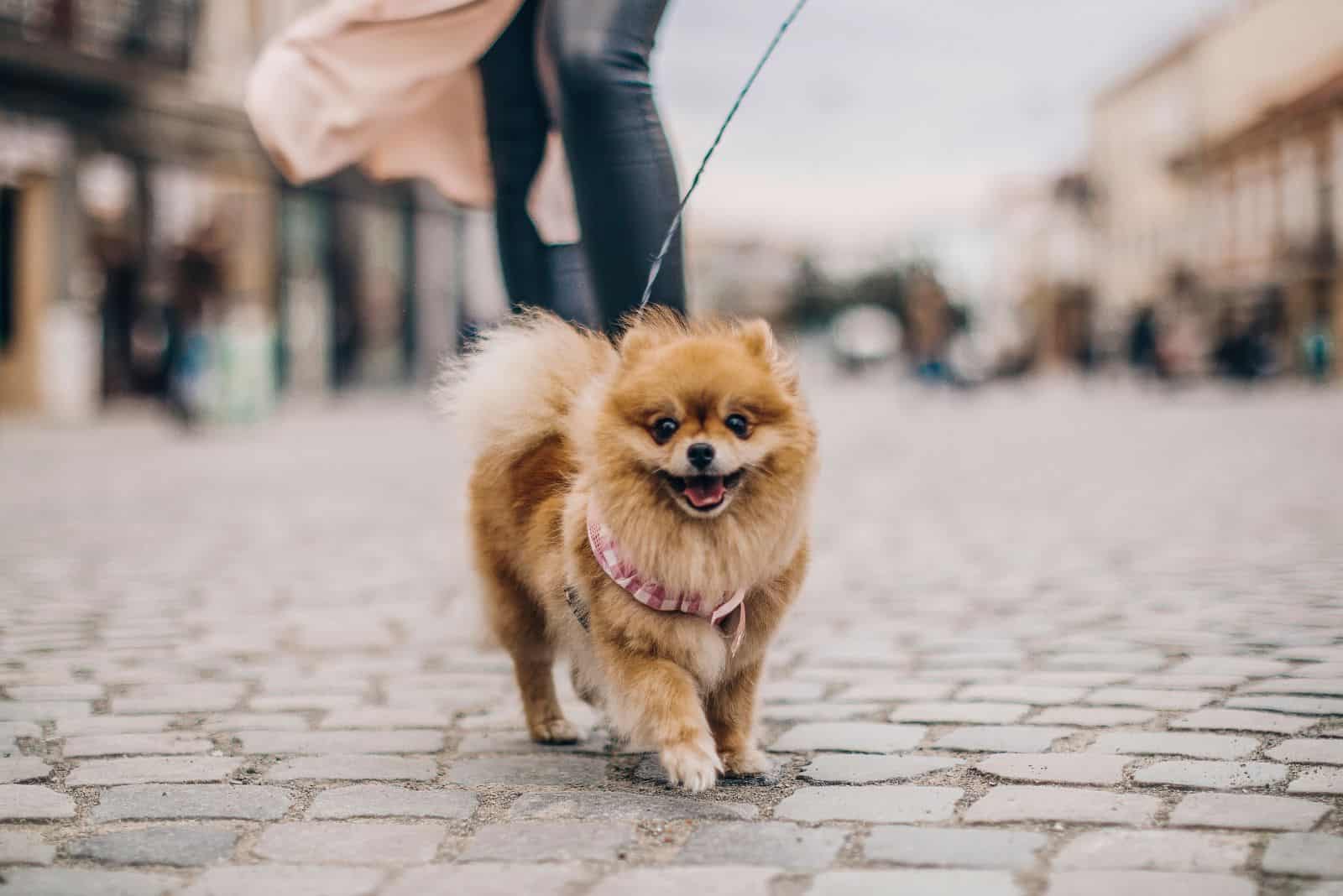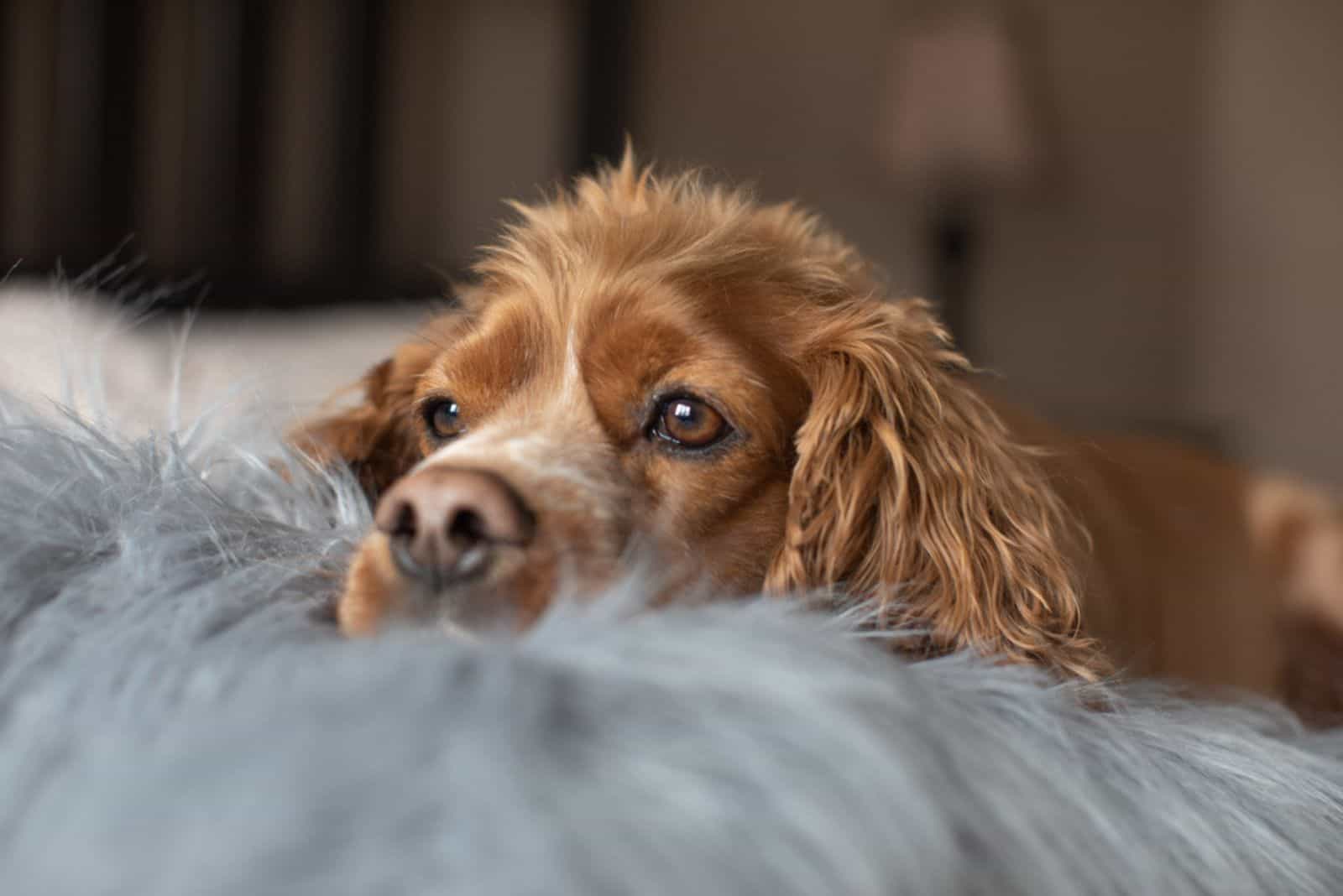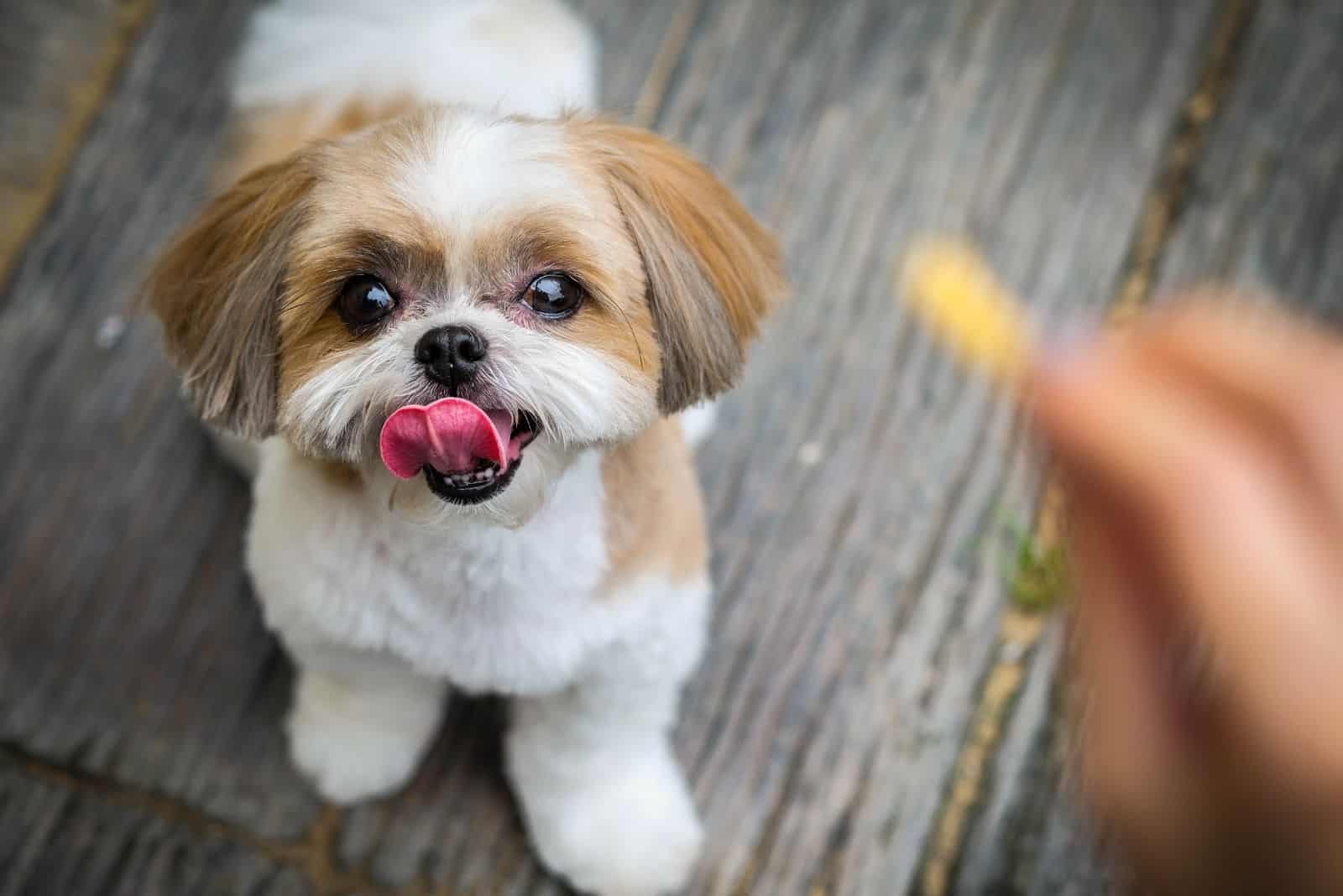
Giả định là mọi chủ sở hữu chó tự hào đều nuôi chó (hoặc chó) của mình theo hiểu biết tốt nhất của mình.
Chắc chắn, không phải tất cả các doggo đều có cùng vị trí xuất phát ngay từ đầu. Có nhiều yếu tố khác nhau mà chúng ta cần tính đến, chẳng hạn như vị trí, trải nghiệm của chủ sở hữu, loại gia đình, v.v.
Điều đó đang được nói, đôi khi chúng ta có thể vô tình làm một số điều có thể gây hại cho những người bạn lông lá của chúng ta, điều này có thể thay đổi hoàn toàn bản chất của mối quan hệ mà chúng ta có với họ.
Tuy nhiên, một trong những điều phổ biến nhất mà chủ sở hữu có thể vô tình làm với của họ là làm tổn thương cảm xúc của chúng. Ngay cả khi có lợi ích tốt nhất cho của bạn, bạn có thể vô tình ảnh hưởng đến mối quan hệ của bạn với của bạn, và đó chắc chắn không phải là điều bạn mong muốn!
Để tránh tất cả những điều đó, đây là bảy điều có thể dễ dàng làm tổn thương cảm xúc của người bạn đồng hành mà bạn nên chú ý!
# 1 Bỏ bê nhu cầu của họ

Đầu tiên và quan trọng nhất, bạn không bao giờ nên phớt lờ của bạn khi nó đang cố gắng giao tiếp với bạn! Chó là động vật xã hội và giao tiếp của chúng với bạn là vô cùng quan trọng đối với sức khỏe của chúng.
Họ xem bạn là người lãnh đạo gói mà họ ngưỡng mộ, và khi phân đoạn cụ thể đó trong cuộc sống của họ bị lấy đi, toàn bộ bản chất của họ thay đổi.
Sự thiếu hiểu biết hoặc bỏ bê nhu cầu của họ vô tình có tác động tiêu cực đến phúc lợi của họ như các phương pháp đào tạo gây khó chịu. Và, theo Vieira de Castro và cộng sự1, răng nanh chủ yếu được kỷ luật bằng các phương pháp gây khó chịu thường thể hiện nhiều hành vi liên quan đến căng thẳng hơn.
#2 Using Ruff Methods
How many times have you heard from random people that “dogs need to be taught manners”? Well, they do, but rough methods are certainly not the way to do it!
In fact, any kind of physical punishment is completely inappropriate and highly imprudent, as dogs do not respond well to harsh practice!
On the other hand, hitting your dog or yelling at him is practically abuse, and most certainly not a way to build a trustworthy relationship with your dog.
Harsh training methods can trigger severe stress in your dog instead of teaching him good manners, and that’s something no respectable dog owner can afford.
#3 Constant Change Of A Routine

Even the smartest dogs in the world have a hard time changing their routine. This is because dogs are creatures of habit and that’s simply how they roll!
Constantly changing their routine is certainly not the way to go, especially because it gives them a signal that “something’s wrong.” If you have always fed them early in the morning and now you all of a sudden decide to change that, your dog might feel highly upset.
The same goes for walks, play time, and napping.
Once you set up your dog’s routine – I advise you to stick to it. Otherwise, you might affect your dog’s feelings.
#4 “Crate Discipline”
According to Vieira de Castro et al2, the use of aversive methods, such as pain-inducing collars or other techniques that induce pain in dogs is highly controversial. Most certainly, forcing your dog in a crate is no different, as it directly affects the dog’s welfare.
One thing is to teach your dog to spend a night in the crate while you’re traveling, but restraining your dog from moving freely sends a negative signal and impact’s his well-being.
Crate discipline is definitely not a good method for teaching your dog how to behave properly. Instead of a happy, enthusiastic pooch, your companion will probably cope with trust issues, stress, and anxiety.
#5 Scolding Them For “House Accidents”
The “how to punish your dog for pooping” dilemma has one answer and one answer only – be patient and try not to make a big deal out of it.
Rubbing their nose in it cannot do any good to your dog, and it is most likely that he will start hiding his poop from you instead of learning how to go potty properly.
Scolding a dog for pooping or peeing in the house can severely hurt your dog’s feelings, especially during the puppyhood stage. So, instead of giving them a time out, try to be more considerate.
#6 Not Rewarding Them
Did you know that dogs can be depressed, too? Sounds pretty unimaginable, but it’s true! One of the most common reasons why your dog might feel down is due to lack of interaction with you!
That’s right!
Dogs feel the urge to communicate with their hoomans throughout the entire day, and when you don’t give them enough credit for their pawsitive behavior – that just sends them the signal that they’re not doing something right.
Not rewarding them timely can impact their feelings in the long run, and that’s just not what you want in a pet.
#7 Leaving Them In A House For Too Long

Last, but not least – not taking your pooch out on a regular basis is a serious problem, especially if you used to take your boy out regularly in the past.
Every dog, from the tiniest Chihuahua to the biggest Mastiff, requires at least one outing per day. Starling et al3 argue that staying at home and not socializing your dog risks them becoming timid and afraid of unknown people and other dogs.
On the other hand, leaving your dog in a house without adequate entertainment will most likely result in separation anxiety and make your dog feel less loved.
In that regard, you should always plan your daily activities in accordance with your dog’s needs. Or, reconsider having a dog if you have a way-too-busy schedule to keep up in the first place.
Try These 3 Things As Soon As Possible

#1 Pet, Praise, Reward
Instead of using aversive methods to teach your dog good manners, why not build a wonderful relationship and train your dog at the same time?
Is that even possible?
Well, of course it is! Positive reinforcement is a proven training method that any respectable owner should try out. Petting, praising, and rewarding your dog whenever possible doesn’t only stimulate pawsitive behavior, but it also makes your dog eager to please all the time!
#2 Keep Them Entertained At Times Of Solitude
If you don’t have a flexible working schedule, and you must leave your dog at home for a couple of hours – don’t worry! There are always some things that you can do to make your companion’s alone time at home doable!
For starters, supply your puppy with sufficient interactive toys. That will certainly keep him busy for a couple of hours.
Treat dispenser toys are great in this regard! Other things that might work are television and music, and making sure that your dog has access to a window with a good view.
The first thing you should bear in mind as a first-time owner is that socializing an adult, aggressive dog is much harder than doing so with a puppy.
That’s why you need to shower your canine with outings and socialization as much as possible in the early phase of his life.
This way, you will avoid unnecessary outbursts in the future, and your dog will surely not feel hurt or betrayed if you take it to unknown places with you.
Tóm tắt nó
Cũng giống như con người, chó cũng có cảm xúc. Họ là những sinh vật có trực giác cao phản ứng với hành động của chúng ta, đó là lý do tại sao chúng ta cần nhận thức được nhu cầu của họ ngay từ đầu.
Bỏ qua cảm xúc của họ không chỉ làm tổn thương họ trong một thời điểm cụ thể mà còn để lại những vết sẹo lâu dài đối với sức khỏe tinh thần của họ!
Đó là lý do tại sao rất cần phải theo dõi những điều đã nói hàng ngày bởi vì làm tổn thương cảm xúc của họ chắc chắn không phải là cách để đi!
Cho đến lần sau, PupViners!
Tham khảo:
- Vieira de Castro, AC, Fuchs, D., Morello, GM, Pastur, S., De Sousa, L., Olsson, IAS (2020). Phương pháp đào tạo có quan trọng không? Bằng chứng cho tác động tiêu cực của các phương pháp dựa trên ác cảm đối với phúc lợi chó đồng hành. PLoS một. DOI
- Vieira de Castro, AC, Araujo, A., Fonseca, A., Olsson, IAS (2021). Cải thiện phương pháp huấn luyện chó: Hiệu quả và hiệu quả của phương pháp huấn luyện khen thưởng và hỗn hợp. PLoS. DOI
- Sáo, MJ, Norris, J., McGreevy, P. (2020). Trò chơi thường xuyên và học tập làm thế nào để đảm bảo của bạn không bị sốt cabin chó. Lấy từ https://theconversation.com/routine-and-learning-games-how-to-make-sure-your-dog-doesn’t-get-canine-cabin-fever-134248